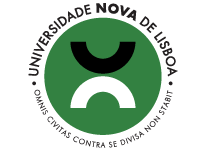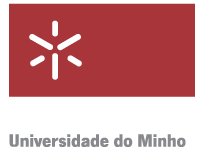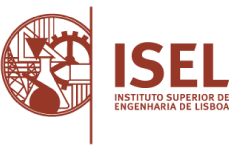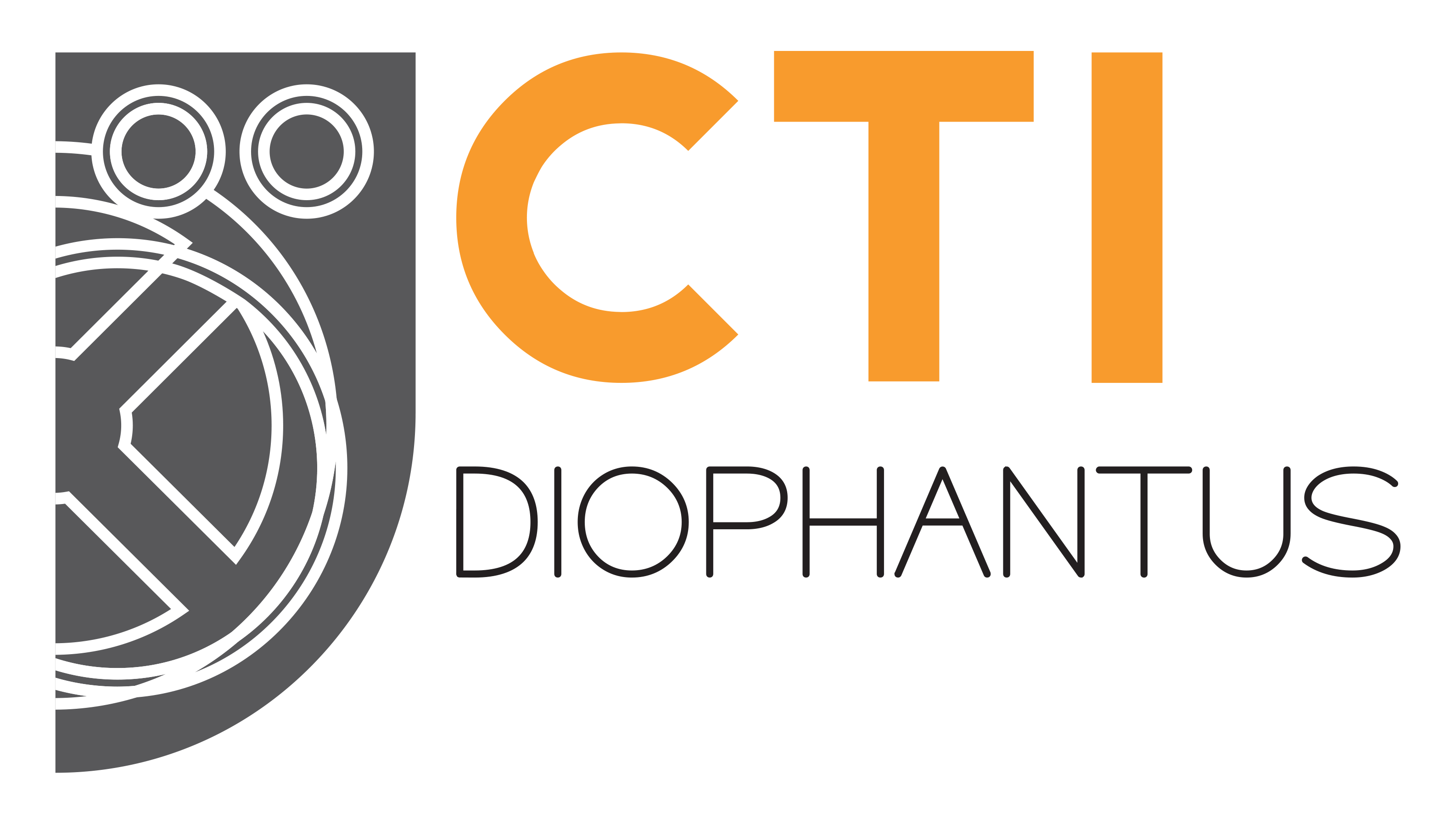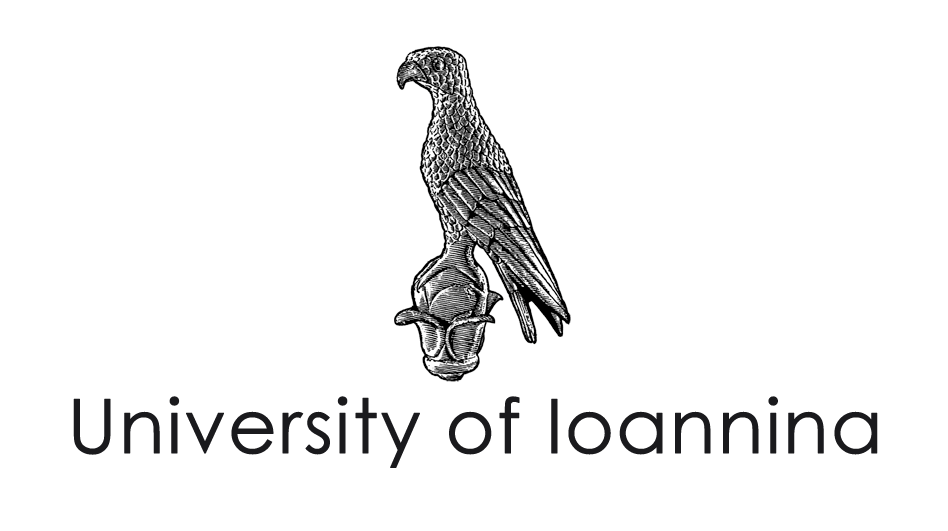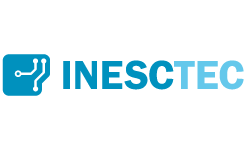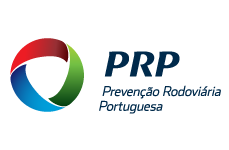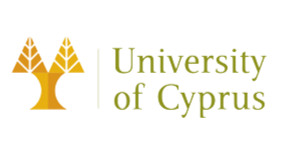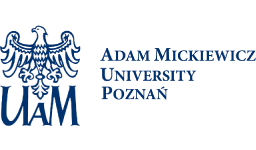PAFSE Consortium
Nova University Lisbon (UNL), is a public higher education institution dedicated to serve society through knowledge since 1973. NOVA’s triple mission is to develop excellent teaching, produce high-quality research and create significant social and economic value. Through its 9 academic units it offers 226 accredited courses attended by 20.496 students in 2017/18. NOVA provides highly specialized and interdisciplinary collaborative research environment of international importance. It hosts 40 R&D Units (with high scientific production: 4.651 publications in 2018, 2.708 indexed in Scopus/Web of Science), including a new multidisciplinary, multi-institutional and comprehensive research centre dedicated to health education, training and innovation: the Comprehensive Health Research Centre (CHRC). CHRC, rated as Excellent by National Foundation for Science and Technology, aims at supporting, developing and fostering clinical, public health and health services research. The CHRC team, made up of more than 230 researchers (125 PhDs, 108 non-PhDs and 47 collaborators from 26 institutions) with different backgrounds and skills, is supported by strong specialized offices (Statistics & Modelling Support Office, Biobank, Genetic Lab, Clinical Trials Unit, Portuguese Clinical Research Infrastructure Network and Technology Transfer Office).
The National School of Public Health (ENSP-NOVA) is the school of UNL dedicated to the teaching of 2nd and 3rd cycles and other postgraduate courses, research and service to the community, as well as development and innovation actions relevant to health. It develops its mission in the following plans: a) research on Public Health; b) to promote a student-oriented teaching/learning process of excellence with an integrated and dynamic vision of health systems and Public Health sciences; c) to articulate research and teaching with action and innovation in Public Health; d) To develop mechanisms and methodologies that facilitate the intervention dedicated to knowledge / action and citizen’s empowerment on health issues; e) to promote institutional cooperation between different institutions and sectors of activity; f) to contribute, within its scope of intervention, to an extensive international cooperation, with particular emphasis to the European countries and Portuguese-speaking countries, promoting an effective mobility of students and researchers at international level. ENSP-NOVA is the oldest Portuguese institution to provide training in public health.
University of Minho (UMinho) was founded in 1973, and it is currently comprised of three campi: the Gualtar Campus, in Braga, and the Azurém and Couros Campi, in Guimarães. UMinho is a Research University focusing on the regional, national and international socioeconomic environment, and invested in growing the Knowledge, RD&I chain, namely through intellectual property management, standing as one of the Portuguese (PT) HEIs with more registered patents. UMinho plays significant role in the development of the region and is a reference regarding high-quality education and learning, not only in a Portuguese context, but also on a European and global scale. The University is renowned for its competence and quality of teaching staff, excellence in scientific research, wide range of undergraduate and graduate courses offered and for its high level of collaborative activities with other institutions. UMinho runs two of the largest ever Academia-Industry collaboration projects in PT jointly with BOSCH: Sensible Car and Easy Rider.
There are four pilars in our project for ISEL: education, research & development, sustainable development and community.
With respect to education, ISEL aims at a continuum update of its degrees and at keeping up at designing new ones to meet the present and future needs of the world we live in – this year, we will have a new undergraduate degree in Applied Physical Engineering and a new master’s degree in Applied Mathematics for Industry. As part of the polytechnic universe, we are proud to fulfill our inclination towards courses that are born and developed in interaction with industry and business.
Also, ISEL is known for the close relationship between students and staff, which we believe is key to bring about the right environment to learn and progress. We value the well-being of our students beyond classes and, because of that, support structures for students are an important priority is our agenda.
In research & development, we find the natural environment to put our knowledge to test, to answer the challenges that our partners bring to us, to afford our students better future opportunities, and to have a say in the never-ending enterprise that human knowledge is. With a well-established activity in this area, we now aim at creating better conditions for its development.
All over the planet, sustainability has imposed itself as a major concern and, as an educational and investigate institution, ISEL could only but give the strongest and most determined steps in the direction of a more sustainable development. With several projects already taking place and many more to come, we aim at setting an example in this department.
But none of this would matter if people would be left out of the loop. At ISEL, we seek to give everyone a chance to accomplish their aspirations, be them students or staff members. We intend for ISEL to grow in order to assert itself as an innovative school not only at the academic and scientific level, but also in its relationship with the community. In fact, if on the one hand, the well-being of the community has a direct impact in the quality of their achievements, on the other we consider that the interaction with the community plays an instrumental part in the definition the school’s activities and priorities – where, by community, we understand students, teachers and administrative staff, as well as our alumni, the local community and our industry and business partners.
CTI is a non-profit research and technological organization founded in 1985 in Greece. It is the technological pillar of the Greek Ministry of Education (MoE), supporting the Ministry to design and implement its national digital educational policy for primary and secondary education.
In particular, CTI is responsible for:
- developing and maintaining digital educational resources and educational e-services for Greek schools, including digital learning repositories and educational platforms;
- administrating the Greek School Network, the largest user network in Greece;
- organizing and running the state programs for teachers training in ICT;
- publishing all Greek school textbooks;
- and supporting the organization and operation of the electronic infrastructure of the Greek MoE and all associated educational units
CTI has also a key role in designing, implementing, and coordinating large-scale, nation-wide projects for ICT in Greek schools. It has also participated in more than 250 European projects. Today, CTI’s number of staff is approximately 250-300 employees, including software engineers, researchers, programmers, graphic designers, pedagogical experts, teachers, academics, etc. CTI is also ISO 9001:2015 certified.
Strategy & Digital Educational Content Directorate
CTI is participating in the PAFSE project with its Strategy & Digital Educational Content Directorate, which has significant expertise in designing and developing digital educational content (open educational resources, learning objects, learning scenarios etc.), as well as digital educational repositories and other content-based digital services for schools, pupils and teachers, and digital learning and collaboration environments and educational platforms.
The Directorate has coordinated and implemented the “Digital School” program, a large-scale national initiative for ICT in Greek schools that run from 2010 to 2021. In this context, CTI created about 10,000 interactive learning objects and enriched 100+ textbooks with learning resources, while it developed and it is currently extending, operating, and supporting four key nation-wide digital services for the Greek schools:
- The “Photodentro” National Educational Repository ecosystem for hosting, organizing, and sharing K-12 OERs (seven repositories, serving learning objects, educational video, educational software, user-generated content, learning scenarios, Open Educational Practices, and pupils’ creations),
- the Hellenic National Educational Content Aggregator service and portal for harvesting and providing access to externally hosted OERs, via a single point (photodentro.edu.gr),
- The Interactive Textbooks (ebooks.edu.gr) official e-service of the MoE for hosting and delivering to pupils, teachers and parents all textbooks in various digital forms, and
- the Digital Educational Platform e-me for pupils and teachers (e-me.edu.gr), a modern, social, cloud-based digital educational platform, offered by the Greek MoE to all pupils and teachers in Greece.
The Directorate has participated in several national and EU-funded projects in the field of e-learning, ICT in education, and education for sustainable development domain.
The work in the PAFSE project is undertaken by the “Educational Approaches to Virtual Reality Technologies Laboratory, earthlab” (http://earthlab.uoi.gr/), founded in 2000 by the Department of Primary Education, University of Ioannina, Greece. The earthlab is a highly innovative and self-contained unit strongly activated in the fields of Technology Enhanced Learning in general and special education, virtual and augmented reality, and educational neuroscience. The lab is also active in formal, informal and further education offering educational programs to the Ministry of Education, educational associations, national and international projects.
The University of Ioannina (www.uoi.gr/en) was founded in 1964 at Ioannina, Epirus, in the Northwestern part of Greece. Today, the University has 24 departments with over 500 faculty members, 22,000 undergraduate students and more than 3,300 graduate students (MSc and PhD). The University of Ioannina has established a quality management system that is in conformance with the International Management System Standards ISO 9001:2000, as well as the Greek Management Efficiency Standards, with the scope of “Project Management of Research and Development of Technological and Other Related Programs and Activities”.
Institute for Systems and Computer Engineering, Technology and Science (INESC TEC) is an Associate Laboratory with 35 years of experience in R&D and technology transfer, having as associates the University of Porto, INESC, the Polytechnic Institute of Porto, University of Minho and University of Trás-os-Montes and Alto Douro. INESC TEC is a private non-profit research institution, dedicated to scientific research and technological development, technology transfer, advanced consulting and training, and pre-incubation of new technology-based companies. As an institution operating at the interface of the academic and business worlds, bringing closer together academia, companies, public administration, and society, INESC TEC typically applies the knowledge and results generated as part of its research in technology transfer projects, seeking value creation and immediate social relevance. Present in six sites in the cities of Porto, Braga and Vila Real, INESC TEC incorporates 13 R&D Centres, structured in four thematic domains – Computer Science, Industry and Innovation, Networked Intelligent Systems, and Power and Energy. INESC TEC hosts over 750 integrated researchers (about 350 PhDs), including staff researchers, researchers from Higher Education Institutions, grant holders and affiliated researchers. INESC TEC’s team also includes trainees, and technical and administrative support staff.
Prevenção Rodoviária Portuguesa (PRP) is a non-governmental and non-profitable organization recognized by the government as a public utility institution, since 1966. PRP aims to contribute to the prevention of road accidents and the reduction of their consequences, namely through the development of projects aimed at promoting public health and sustainable mobility. PRP is member of the European Transport Safety Council and Prevention Routiére Internationale.
PRP develops its action in three main fields: human factor, engineering, consultancy and research. In the human factor field, PRP develop several activities in the field of mobility and road safety education, teachers training, development of technical and pedagogical materials, drivers training, traffic offenders’ rehabilitation courses, information and awareness actions and campaigns, research, data collection and analysis, in order to contribute for changing attitudes and promote safe behaviours. In the engineering field, PRP is focused on the training of technicians (engineers), road safety audits to road projects and road safety inspections to roads and production of technical material (manuals).
The University of Cyprus (UCY) was established in 1989 and currently enrols about 8000 students. UCY is a dynamic organization, dedicated to its mission to contribute to international science and to local society by bridging research to innovation and societal impact. It is organized into 8 Schools (Humanities, Medical, Pure and Applied Sciences, Social Sciences and Education, Economics and Management, Engineering, Letters & the Postgraduate School), 22 Departments and 11 Research Units. It offers 32 programmes of study at the undergraduate level and 95 programmes at the postgraduate level. UCY prides itself as a vigorous community of scholars engaged in the generation, dissemination and transfer of knowledge. It has established a reputation for excellence with a very high employment rate for its graduates and a substantial percentage of them pursuing post-graduate studies in European and American Universities. UCY ranks among the top 55 young Universities of less than 50 years old (Higher Education 150 Under 50 rankings), in the top 200 universities in Europe according to the Times Higher Education World University Rankings and in the top 4% worldwide according to Webometrics.
Department of Education
Τhe Department of Education aims to meet the ethnic, social, cultural and developmental needs of the country. The Department considers education as a major force towards growth and development of the Cyprus society. In this context, the Department’s mission is promoting quality and equity in education through improving the quality of teaching, the organization and management of the educational system and through providing innovative approaches to the investigation and analysis of important educational issues.
Adam Mickiewicz University in Poznań (AMU) is the major academic institution in Poznań and one of the top Polish universities. Its reputation is founded on tradition, the outstanding achievements of the faculty and the attractive curriculum offered to students. In addition to its facilities in Poznań, it has campuses in Gniezno, Kalisz, Piła and Słubice/Franfurt- Oder. The University currently employs nearly 3,000 teaching staff, including 371 tenured professors and other professors with title, 1407 assistant professors, 369 senior lecturers and lecturers and over 2200 nonacademic employees. The University was founded in 1919 and currently its student population is nearly 40 000 students (over 1000 are international students). Students may choose between 180 possible professional specialisations. In recent years, the educational offer has become increasingly diverse. New educational projects include integrated studies in humanities, natural sciences, social sciences, and program carried out in cooperation with other institutions both in Poland and abroad.
The mission of the University is to advance knowledge through high quality research and teaching in partnership with business, the professions, public services, and other research and learning providers.

